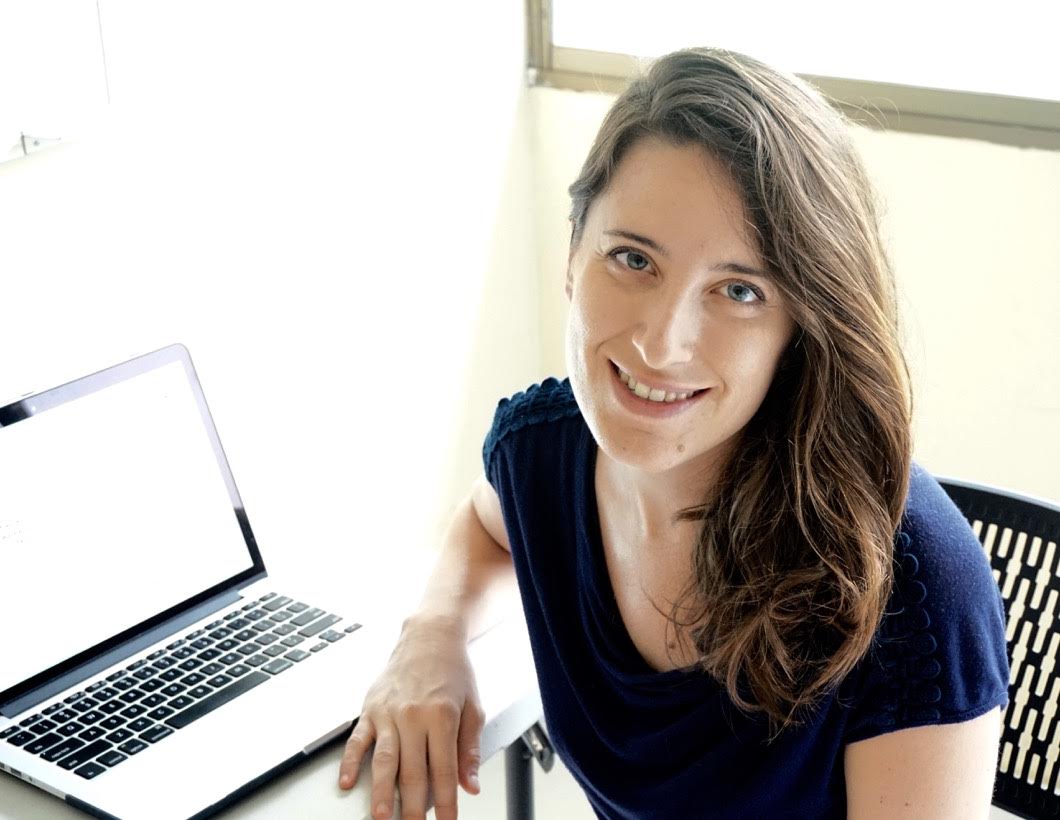Melessa Cizik has been an ultrasound tech for over 10 years with extensive experience performing general, OB/GYN, small parts and vascular ultrasound exams.
Having graduated the top of her sonography class at Bergen Community College in Paramus, New Jersey, Cizik now offers ultrasound tutoring services online, using video, audio and whiteboard technologies.
She helps individuals prepare for ultrasound registry exams —she herself is ARDMS-certified in OB/GYN, Vascular, Abdomen and Fetal Echocardiography specialty areas. Cizik also provides tutoring in physics and other ultrasound subjects, with her students being at various stages in their careers.
We caught up with this ultrasound technologist and educator to learn more about her background and tutoring services, and to glean some valuable studying and exam-taking advice.
I have always been interested in the science subjects such as anatomy and biology. I love to learn about how things work and why. I have learned that when I approached a more difficult subject, that my interest and desire to learn motivated me to put more effort forth to understand it.
Study every day, even if only for 15 minutes. Focus on quality, not quantity. Four 15-minute sessions is more effective that one 1-hour session. And then practice, correct, review and practice again.
In my last years of high school, I began to search for a career in the medical field that had a need and would allow me to have a job that paid well after only a few years of schooling. So I did my research.
The more I learned about the field of ultrasound, the more I liked it. So I applied and was accepted to the DMS (diagnostic medical sonography) program at Bergen Community College.
When I found the DMS program at BCC, I learned that they only accepted 12 students per year so I knew it was going to be competitive.
I decided to take all the electives, math, and science courses before applying to the program. I had learned that they base a large part of the decision to accept a student on how they do on certain subjects as well as their references.
I was already working as a medical assistant in a doctor’s office. That experience helped me to see that I enjoyed patient interaction and working in a medical environment.
In 2012, I started offering personalized online tutoring for those needing assistance in preparing for the registries, specifically the SPI (Sonography Principles & Instrumentation Exam).
My husband and I created MyUltrasoundTutor.com to increase my outreach. Since then we have trained an additional physics tutor and have expanded to offer additional specialty tutoring.
Basically making the principles simple by showing their practical use. We break down difficult concepts using everyday language and examples to help the student really understand how it works.
Starting from the most basic principles, we build from those ideas to apply them and use them to understand the more difficult ones. In order to pass the SPI exam, one must be able to apply physical principles to a problem. That requires understanding the principles and having critical thinking skills in order to apply them.
The hardest part of Ultrasound Physics is overcoming the stigma that physics is too difficult to understand and needs to be memorized. That is simply not true. Physics is logical and can be understood if it is broken down into terms that we are already familiar with.
For instance; when discussing the relation between power and intensity, instead of telling our students simply that intensity is power spread over a given area or concentration, we illustrate it.
We like to use the example of a light bulb. Power would be the wattage of the light bulb. So if you have a 40 watt light bulb, the light from it would seem stronger, or more intense, in a small closet then it would in a very large room. So using these small illustrations helps students see that physics is a part of everyday life and easily understood.
I offer specialty tutoring for Ob/Gyn and Vascular registries. I have also assisted those currently in ultrasound programs as well as technologists who need assistance learning new protocols and scanning techniques.
Find good study material and develop good study skills. Study every day, even if only for 15 minutes. Focus on quality, not quantity. Four 15-minute sessions is more effective that one 1-hour session. And then practice, correct, review and practice again.
Practicing good test taking skills is also key. Practice reading through the questions and think about what the question is asking. Then think about your answer before even looking at the choices, apply the principle and then choose the answer that matches what you have answered. This will build confidence and helps reduce mistakes when taking a multiple choice exam.
To learn more about Melessa Cizik and her ultrasound tutoring services, visit: http://myultrasoundtutor.com/

